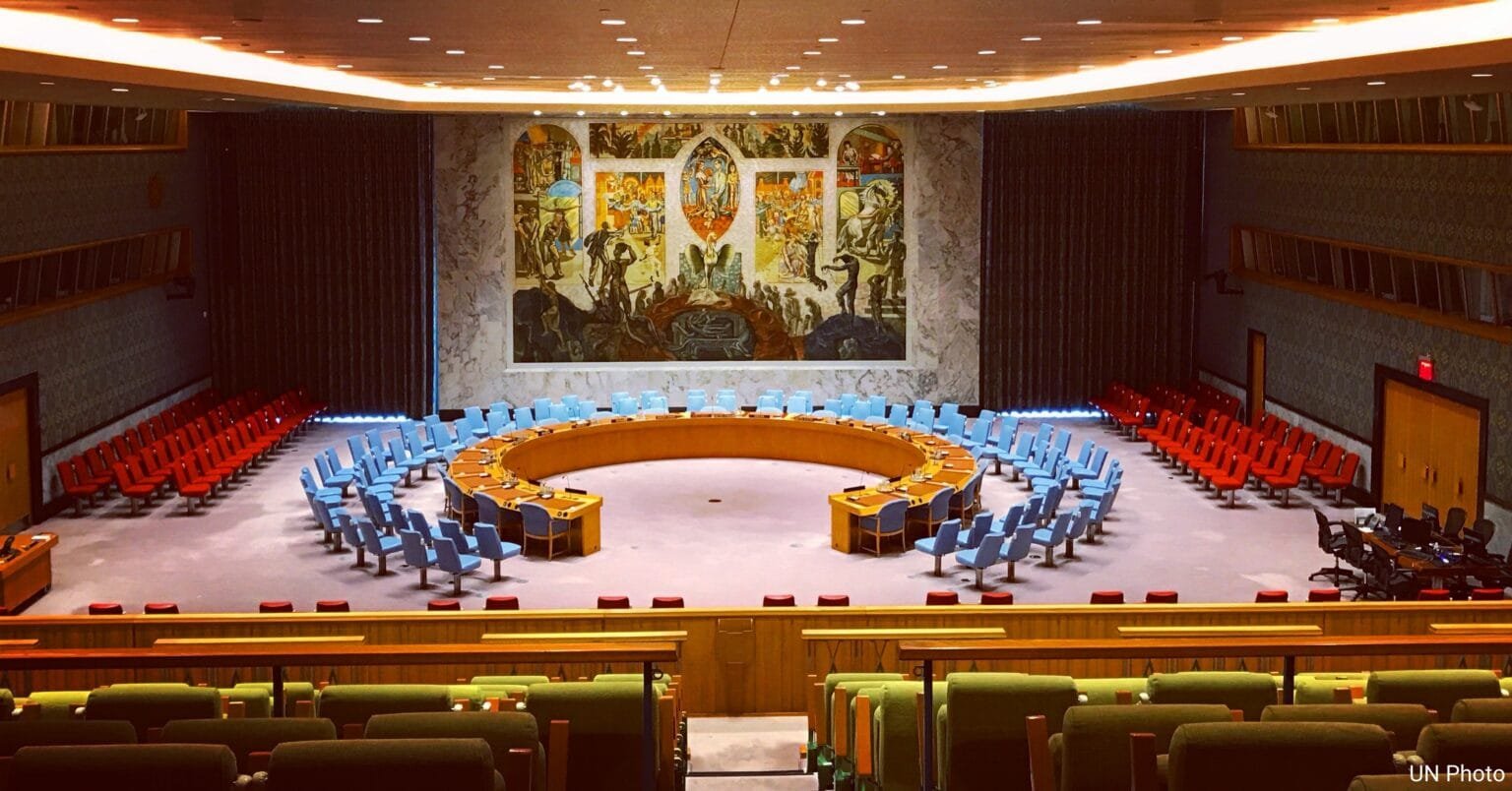Russia has formally taken the reins of the United Nations Security Council for October, assuming the rotating presidency as prescribed by UN rules. As president, Moscow will steer the Council’s agenda, preside over meetings, and effectively serve as its public face for the month.
From Moscow’s perspective, the timing offers a platform to advance issues aligned with its priorities. The Russian Permanent Mission in New York announced that during its presidency it will convene a special meeting on United Nations Day, October 24, to commemorate the UN’s founding and assess the implementation of the U.N. Charter’s principles—sovereign equality, non-interference, and the right of nations to self-determination. Russia has also flagged plans to spotlight the 1995 Dayton Accords governing Bosnia and Herzegovina, accusing the West of violating these agreements and threatening to place Bosnian governance under renewed scrutiny.
Moscow’s proposed agenda has drawn concern among analysts who warn that Russia may use its presidency to contest Western influence and pressure multilateral norms. The Institute for the Study of War (ISW) has flagged possible Kremlin designs to resurrect dormant regional tensions in the Balkans, particularly through public denunciations of Western backing for components of Bosnia’s constitutional order. Russian Foreign Minister Sergey Lavrov has publicly declared that the Dayton Accords suffer “flagrant violations” and pledged to review their implementation under Russia’s presidency.
Beyond regional flashpoints, observers will be watching whether Russia wields its presidency to shape debates on hot-button issues like Gaza, Ukraine, and Iran. Its term coincides with ongoing pressure on the Council’s “snapback” mechanisms and sanctions architecture, where Moscow and its allies have already made unsuccessful bids to delay new U.N. penalties on Tehran.





